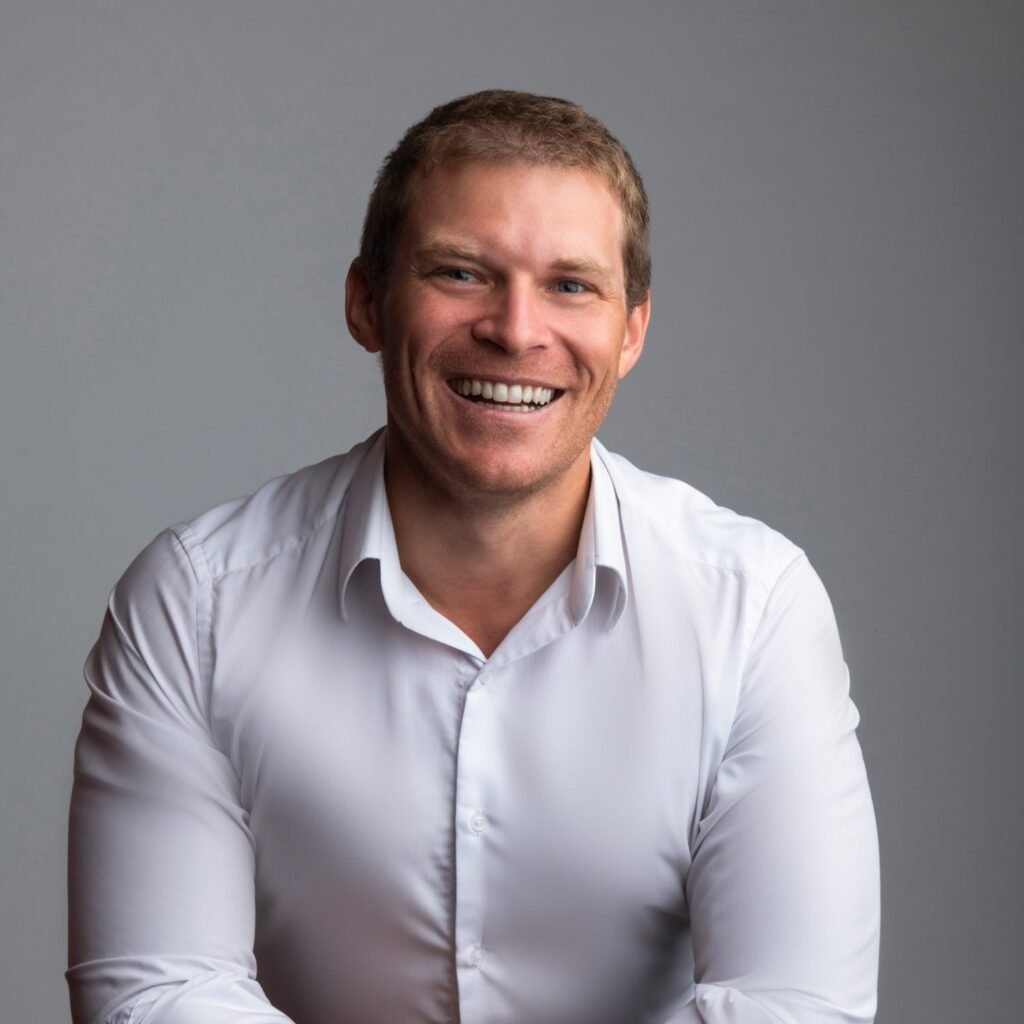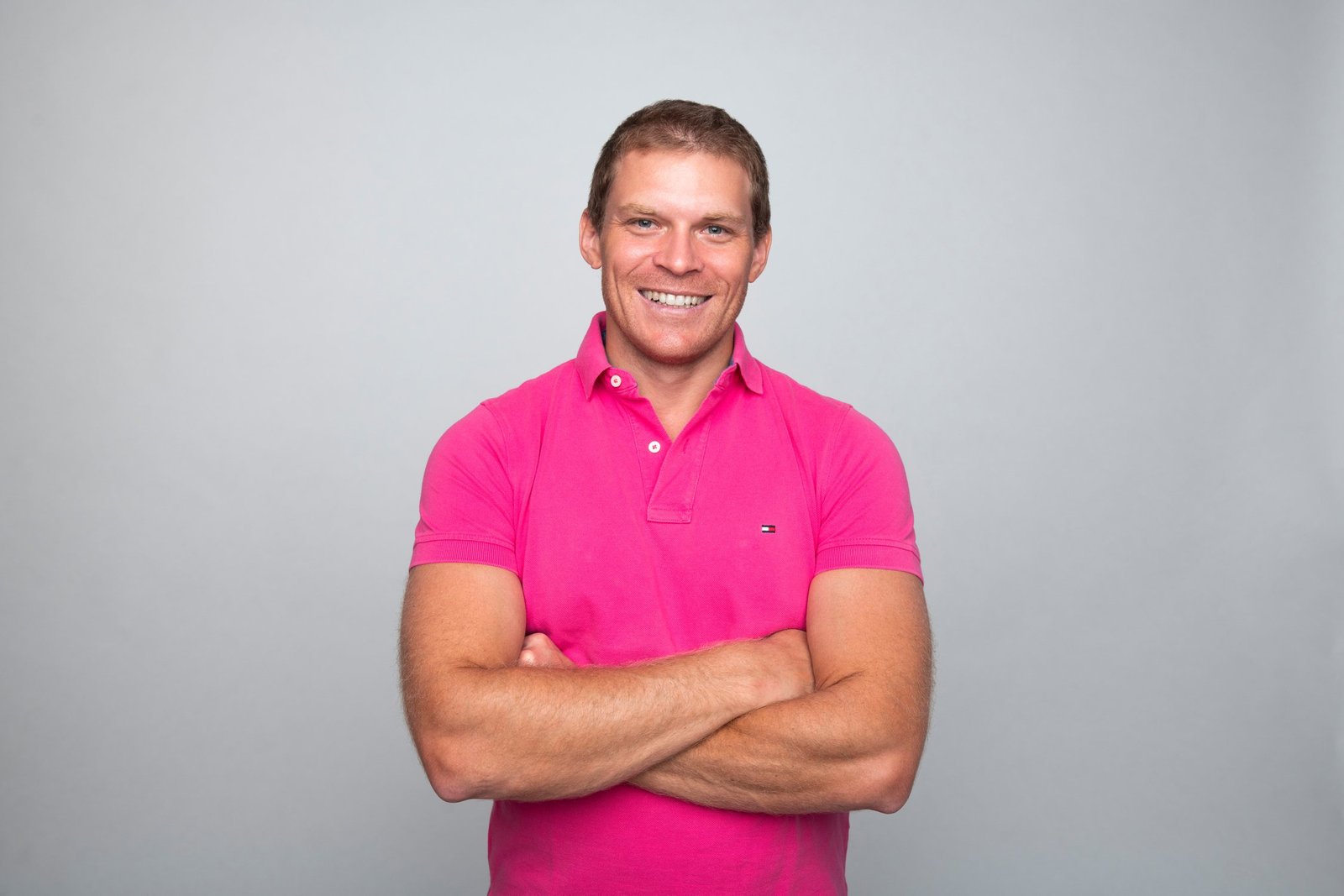I recently went with one on one with Dr. Julian Hosp, co-founder and CEO of Cake DeFi.
Adam: Thanks again for taking the time to share your advice. First things first, though, I am sure readers would love to learn more about you. How did you get here? What experiences, failures, setbacks, or challenges have been most instrumental to your growth?
Julian: I trained hard to become one of the top 10 kitesurfers in the world, but I never would have never won my competitions if I did not have kitesurfing gear that was the best. When I became a recognized name in the sport, especially after writing the best-selling kitesurfing guidebook to date, I collaborated with water sports brands to design my own range of gear with the best features possible.
Despite all my marketing to recreational kitesurfers, the products did not sell. After multiple failed marketing attempts, I realized I was creating products for people like me – experienced kitesurfers – and not beginner or intermediate kitesurfers like my target audience. I took this failure and went back to the drawing board, adjusting the gear so that they are retail-friendly. That move made me my first million.
This lesson follows me everywhere, even in my current business. The crypto industry is filled with technical jargon and difficult-to-understand products. There are so many barriers to entry that prevent new adopters from using crypto assets as a store of value, investment, or payment method. My co-founder and I saw this opportunity to create a product that would address these barriers to entry, making it simple and easy for anyone – especially complete beginners – to join the crypto revolution.
Think of Cake DeFi as a kite surfboard with beginner features that you can use to begin your journey into crypto and DeFi.
Adam: In your experience, what are the key steps to growing and scaling your business?
Julian: The best way to grow and scale a business is to focus on the top of the funnel. You will naturally drive traffic to your content as you build your credibility by providing value to your audience. This starts with building your credibility using content as your product – my book, ‘The Kiteboarding Tricktionary’ drove my popularity more than winning a competition. As you gain attention, you will promote your products and services without explicitly selling them; this is where I focused with Cake DeFi.
I’ve been able to grow Cake DeFi by writing books, blog posts, and creating vlogs about blockchain and crypto before my co-founder, U-zyn Chua, and I started Cake DeFi. It drove our initial growth because I was already building up a community of new to experienced crypto investors who were following my YouTube channel and Twitter account. When I started Cake DeFi with U-zyn, many of these followers were already trying to find a solution for generating returns on their crypto assets in a secure and transparent way—and they found us!
In general, I think it’s important for businesses to be useful in some way—whether it’s providing information or helping people solve problems—and then try to scale that as much as possible by making it available on as many platforms as possible (social media accounts, website content)
Adam: What is your best advice on building, leading, and managing teams? What do you believe are the defining qualities of an effective leader?
Julian: Strong leaders attract quality people in areas where expertise is needed, and are able to bounce ideas and challenge concepts, but give them freedom of execution.
Great leaders not only have high expectations of themselves, but instill these expectations on their team. We have a natural tendency to adapt to our environment, and not grow beyond our peers. A leader has to have more discipline, regime, and sacrifice than anyone else.
You can do this by making sure that the quality of your environment is high enough so that your team can achieve excellence in their area of expertise – this means that you must take an interest in what other people are doing around you and help them improve on their performance as well. In order for this to work effectively though; you need a strong leadership style that inspires others around you through your actions rather than just words alone – that is how you keep a company culture from falling apart.
Adam: What are the most important trends in technology that leaders should be aware of and understand? What should they understand about them?
Julian: The world of finance is changing. The most important trend being CeDeFi. It is a mix of centralized and decentralized finance to create true financial application. It uses the transparency, reliability, and openness of Decentralized Finance (DeFi) while having great user experience, backup, and support of a centralized platform (your bank mobile application, for example).
CeDeFi allows financial services to be greatly improved for the user through transparency and ownership. As opposed to Centralized Finance, a customer’s assets cannot be held hostage by a company in this system, and the interaction between user and the company is transparent. For example, following the guiding principles of DeFi, Cake DeFi releases quarterly transparency reports so users can see how their funds are used. Users’ funds will never be integrated with operational funds, contrasting a Centralized Finance model.
Our approach to solving this transparency problem is using a decentralized application (dApp) but with a company that works closely with regulators, provides a reputable infrastructure for users to interact with like customer service and follows stringent government regulations while incorporating the dApp aspects of transparency and automated returns. Building on the CeDeFi model, Cake DeFi gave US$75M in returns to our community during a time when the crypto industry was in a downturn.
Adam: What are your three best tips applicable to entrepreneurs, executives, and civic leaders?
Julian: First, work on yourself. To be a leader of high professional standing, you must be a product of your own principles. Start by being honest about your own principles and values. Take a hard look at yourself in front of the mirror and ask: is this a person I would admire? If the answer is no, define your principles and practice self-discipline to adhere to them.
The second step is to attract people who share the same principles as you do. There are many different types of people in the world, and that’s a great thing. It’s really important to have diverse viewpoints and experiences in a workplace because it can help you think about your work in new ways. But even with diversity, principles do not change.
At Cake DeFi, we have 7 principles we abide by. One principle we believe in is ownership. Everyone should take responsibility for their projects and goals at Cake DeFi. For example, we are not strict on set working hours or reporting to the office. We give our team clear deliverables because they create accountability for the parties involved: if I’m working on a project and I don’t meet my agreed outcome, then I’ve failed at my task. Take responsibility and reevaluate your strategy!
While ownership is a great trait, others may prefer micromanagement or supervision. While those qualities can suit some teams, we hire only those who possess ownership qualities.
Adam: What are your best tips on the topics of sales, marketing, and branding?
Julian: Attention is the first step to a successful marketing campaign. A good salesperson does not create attention for their products, but for themselves—they manage to attract your attention and hold it. By selling yourself with confidence, you are essentially buying credibility. It is the first step in making your target market feel comfortable doing business with you, and it is the first step to building a sterling reputation as a reliable business partner.
Substance is the second step in creating a successful marketing campaign. The best marketers know how to give value and not merely sell their product; they understand how to incorporate this value into the product itself by using their expertise or experience with it in order to make something that has real value.
The final key is creating a niche audience, like the kitesurfing story from earlier: by trying to get everyone, I got no one. Which is why you should never dilute your message by trying to reach everyone at once; instead, focus on your target audience in order to develop an effective campaign or product focused on them alone.
Adam: What is the single best piece of advice you have ever received?
Julian: To be truly useful, you have to scale. You can deliver any value you want—whether it be medical care or financial advice—but if those services aren’t delivered in an accessible way that people can get right now, then they won’t use them in the future.
The marketing difference between a local doctor and a successful e-commerce seller is that the seller has the ability to target a much larger audience to give them what they want. Despite the doctor providing value to patients, the e-commerce seller becomes more useful to the customers’ needs due to reach. From a business perspective, the e-commerce seller has the potential to earn 10x more than a doctor. There are even new solutions in the medical field to scale accessibility, such as telemedicine.
For example, you build a lemonade stand by a park. When people are thirsty and your lemonade is available in that park—you become useful. But if you don’t scale that business, perhaps into a franchise—that lemonade stand is not going to grow. You will only ever be useful to the 5 people who visit the park. You can improve your value-to-cost ratio by making yourself useful to more people at once, rather than just one person at a time.









